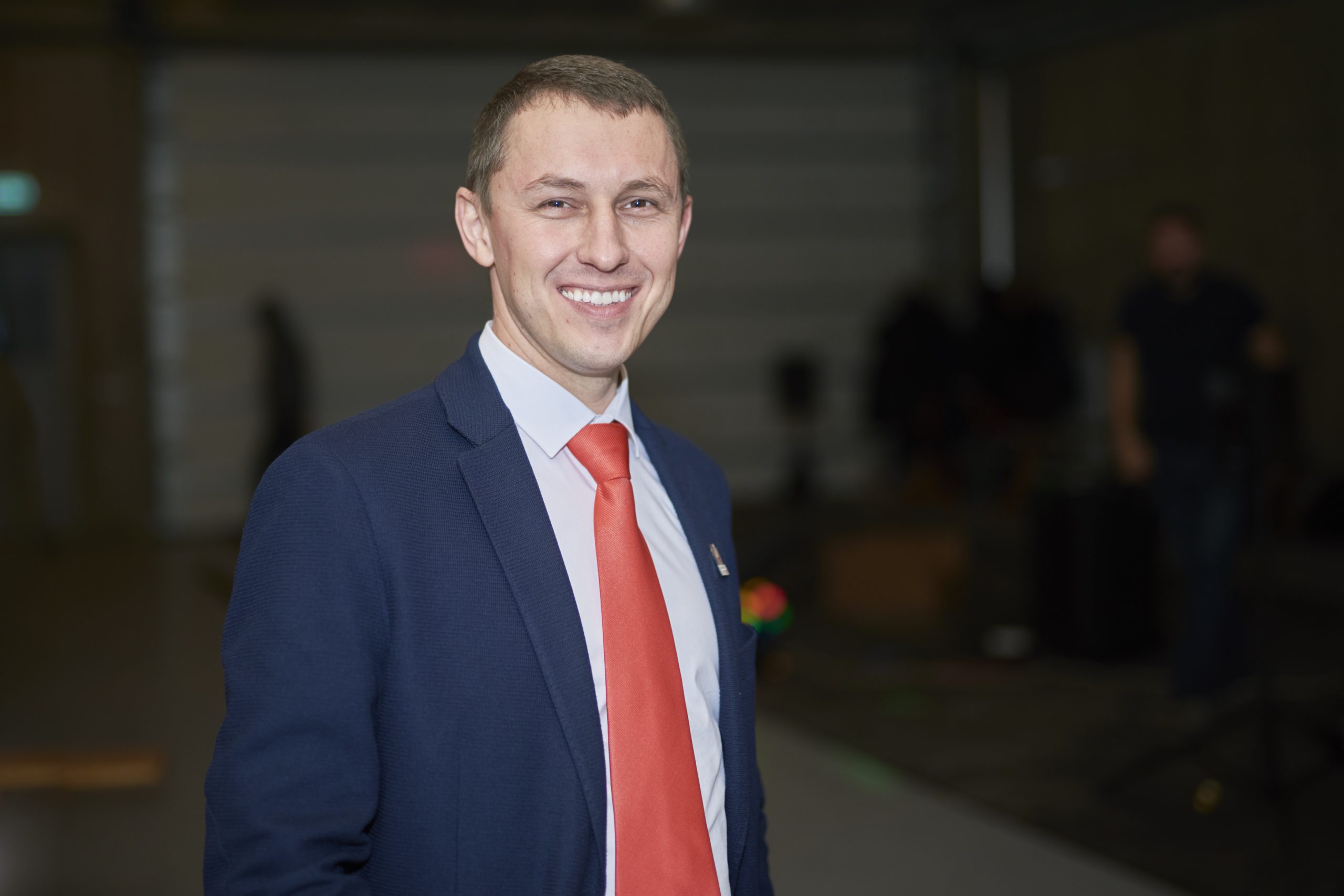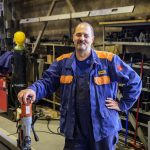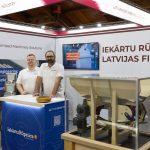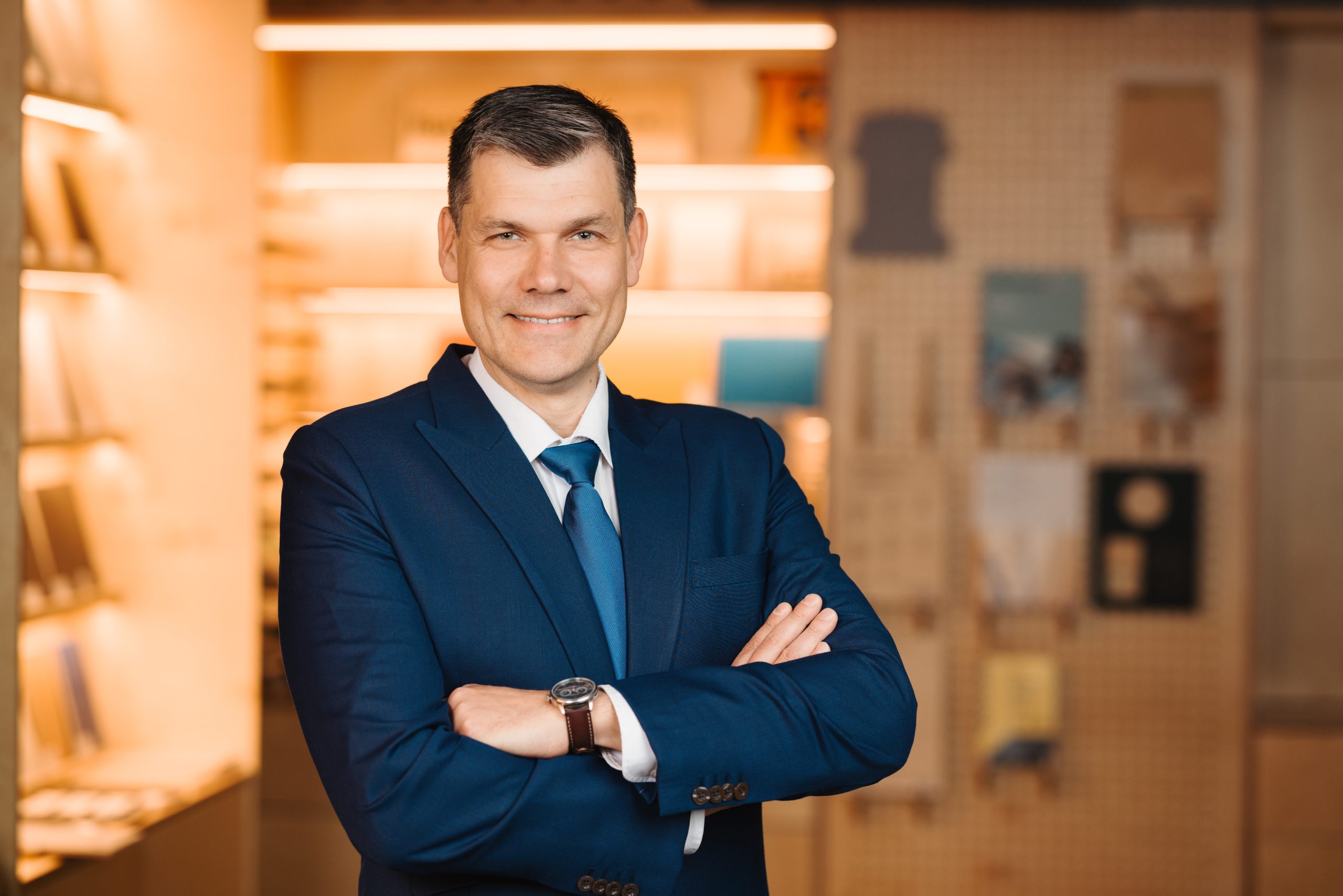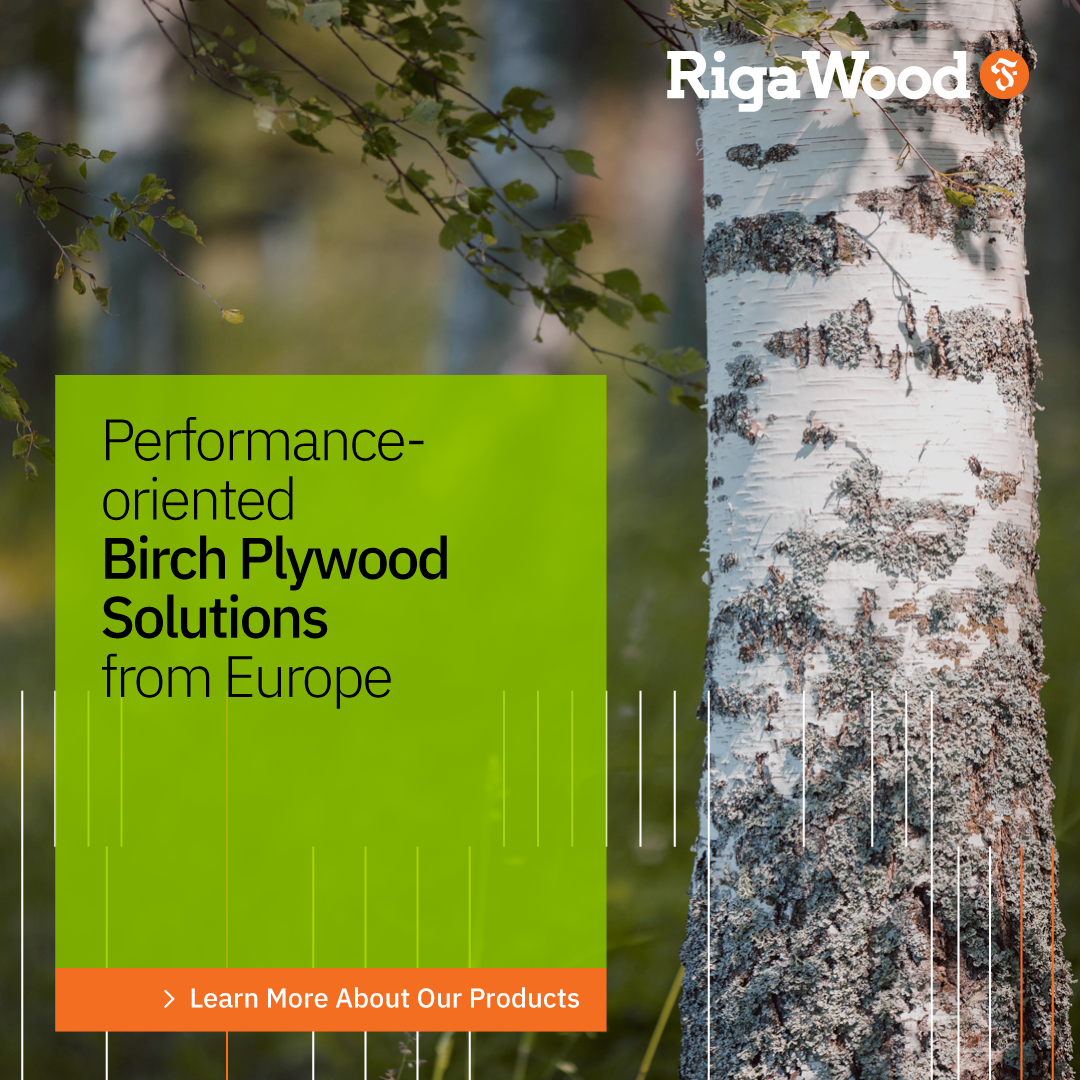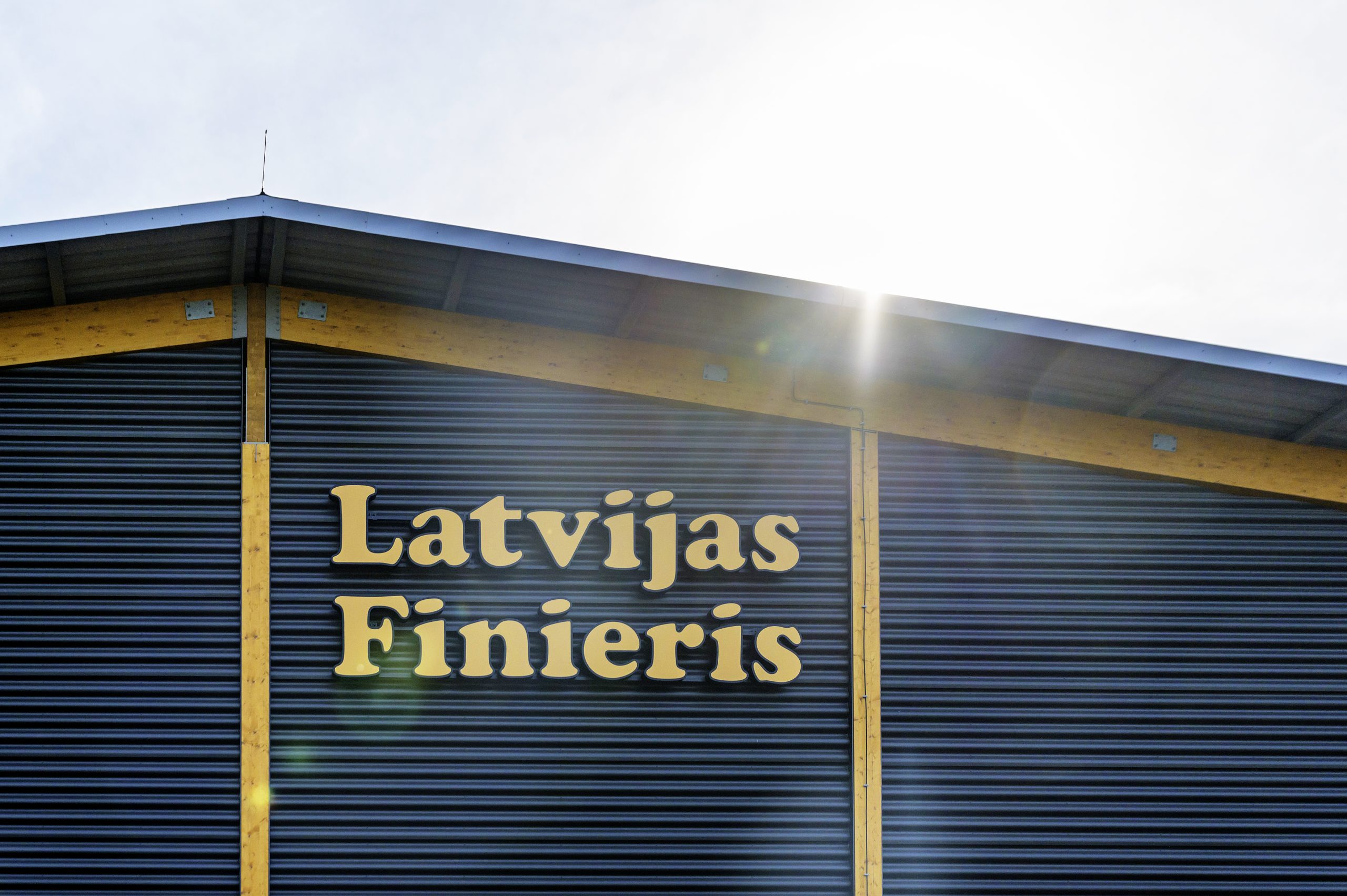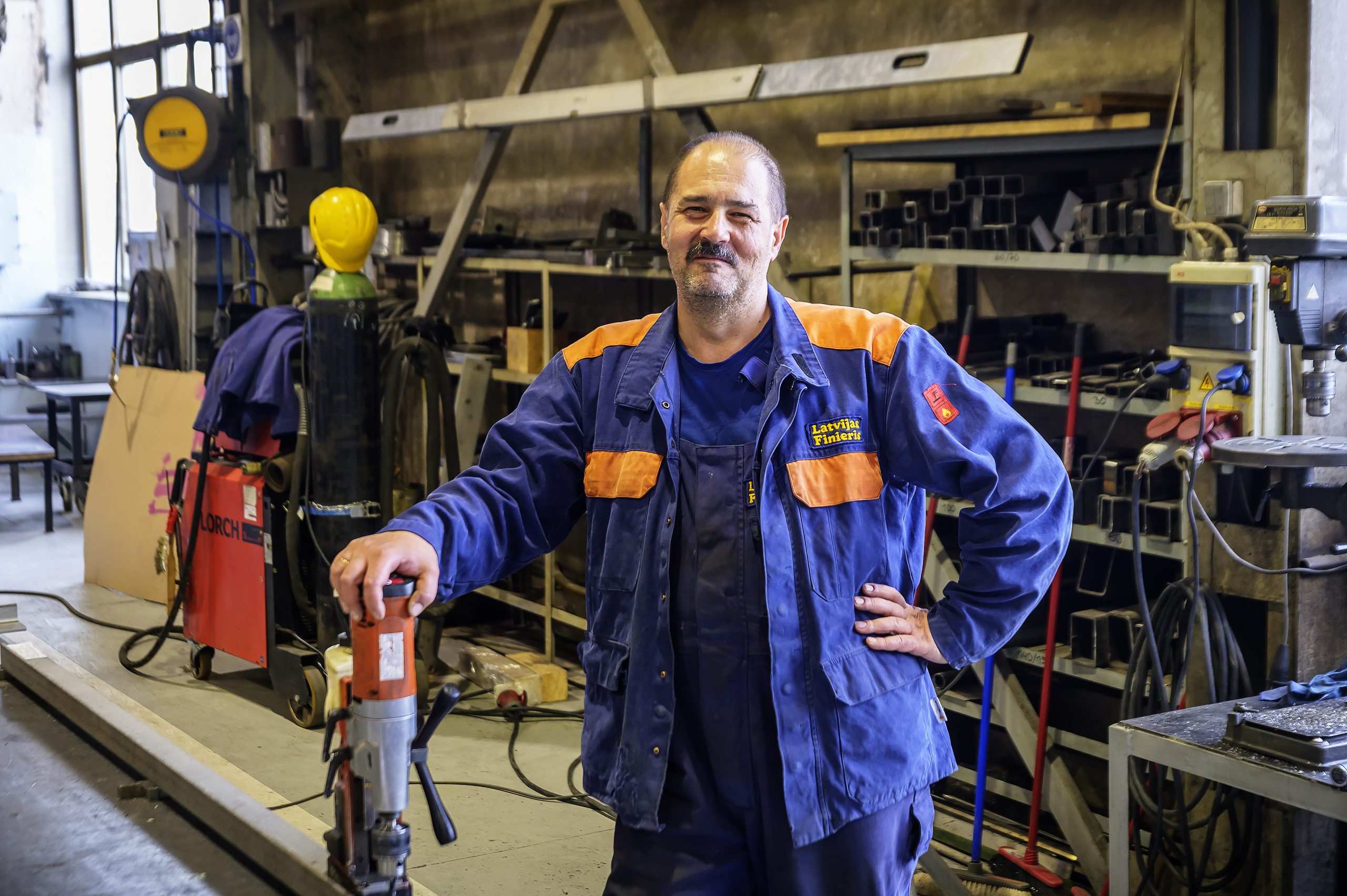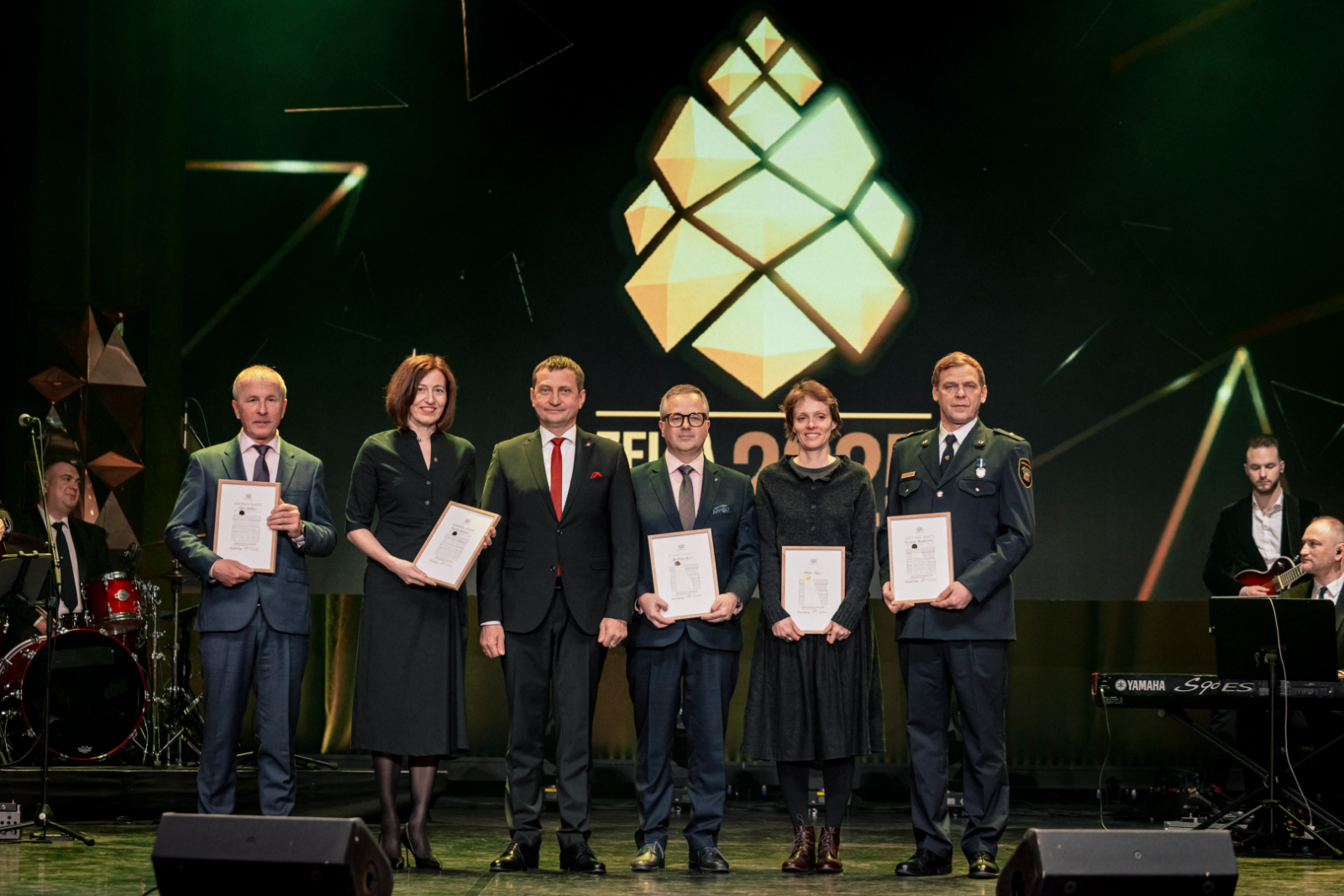M. Bumbieris: Reigniting Passion for Technical Careers
12.11.2025
The modern mill floor is a quieter place; mechanical clatter has given way to the calm precision of automation, robotics and computer control. Yet despite this technological transformation, one thing remains unchanged: without someone who understands the nature of the machine, whose skills, experience and sense of responsibility guide it – no technology can create value on its own. It is the mechanical engineer who gives life to the system. With decades of experience in the industry, we at Latvijas Finieris see that the demand for skilled mechanical engineering professionals continues to grow. The more advanced the technology becomes, the greater the need for people who can understand, adapt and refine it.
The mechanical engineering and metalworking sector is a cornerstone of Latvian industry. It accounts for roughly one-fifth of the total manufacturing turnover and a quarter of Latvia’s exports. This area is associated with high added value, exportability and technological progress. But behind these figures lies the reality – a shortage of specialists. In the job market, engineering companies compete not only with one another but also with sectors that many young people perceive as offering greater opportunities or a more appealing image. Public attention is largely captured by stories from IT, digital marketing, and the creative sectors. By contrast, mechanical engineering is too often seen as traditional and old-fashioned – heavy, difficult and far from modern appeal.
But a mechanical engineer’s job is no longer just about tightening bolts or replacing mechanical parts. It is a technical, analytical and creative profession. Modern mechanics operate computerised control systems, grasp the logic of automation, and rely on digital tools to monitor and optimise machine performance. They are the bridge between technology and people. They ensure that the equipment operates safely, efficiently and sustainably. This profession calls for thought, patience and precision – qualities that will only grow in value in the years ahead.
But public perceptions of the profession are often outdated. Many young people overlook this field because they don’t see a clear career path or associate it with modern technology. It is, therefore, our responsibility, as employers and education partners, to demonstrate that modern engineering is an innovative, intelligent and responsible sector.
This is not just a Latvian problem. In Europe as a whole, more than 30 % of manufacturing companies face a shortage of skilled workers. More than half of them say that it is the skills shortage that hinders business growth. In the manufacturing sector, 32 % of employees are over 50, indicating that European companies will undergo a significant generational shift within the next 10 to 15 years. This is both a problem and an opportunity. If we can attract young professionals who combine technical expertise with digital skills, Latvia will gain a strong competitive advantage. Our companies are already investing in modern equipment, robotics and data systems – but they need people who know how to use these technologies effectively.
A strong connection between industry and education is vital to secure the sector’s long-term survival and growth. Vocational schools and universities must collaborate closely with businesses to ensure that educational content reflects real industry needs. When a young person learns to use modern equipment at a technical school and sees it in action in a mill, they gain not only theoretical knowledge but also motivation.
Technology can replace power, but not thinking. A mechanical engineer is someone who sees, hears and feels the machine – able to judge when it runs smoothly and when it requires attention. This profession requires responsibility and care. In this field, each move and decision influences operational efficiency, deciding whether production continues seamlessly or faces disruption. This sense of responsibility is what we look for in young professionals. And that’s exactly what we aim to offer – a safe environment where people can learn, make mistakes, grow, and master their craft.
Latvijas Finieris Iekārtu rūpnīca has been cooperating with vocational and higher education institutions for several years, offering internships and exchange of experience. We see that those young people who enter the mill for an internship often stay on to work. Because they see that this work is no longer about “black and dirty mills”, but about a dynamic, technologically advanced environment with strong career prospects.
At Iekārtu rūpnīca, our goal is not only to maintain production but also to nurture the next generation of specialists. This is why we collaborate with vocational schools to organise excursions and internships. New employees at Iekārtu rūpnīca receive mentoring support, with experienced craftsmen guiding their colleagues through the finer points of the profession. We modernise our equipment and processes to ensure that young professionals work with technologies that meet today’s industry standards. We’re enhancing the working environment and creating clear career paths – from technician to engineer to manager.
It’s an investment in people that delivers long-term returns, because knowledge and experience are the foundations of a sustainable company.
Latvia has the potential to be a country where manufacturing is not seen as part of the “old economy”, but as the foundation of new technologies. We are a small country, yet we possess a strong engineering mindset and the ability to adapt and create solutions that succeed on a global scale. Achieving this goal requires reinforcing the foundations and empowering the individuals who translate ideas into practical solutions. We call on young people and society to view engineering not as a relic of the past, but as a driving force for the future. It is a domain in which technology, creativity and responsibility can be effectively integrated. This is where Latvia can be strong.
Latvijas Finieris recognises that the true strength of its mills rests with the people whose skill and commitment contribute to building Latvia’s future. And today, more than ever, we need them – young, curious and bold professionals, ready to shape the future.

